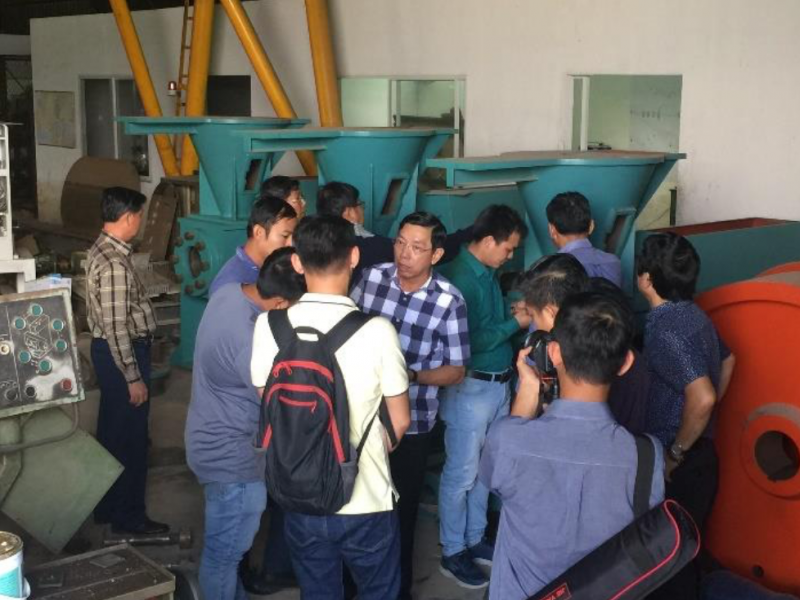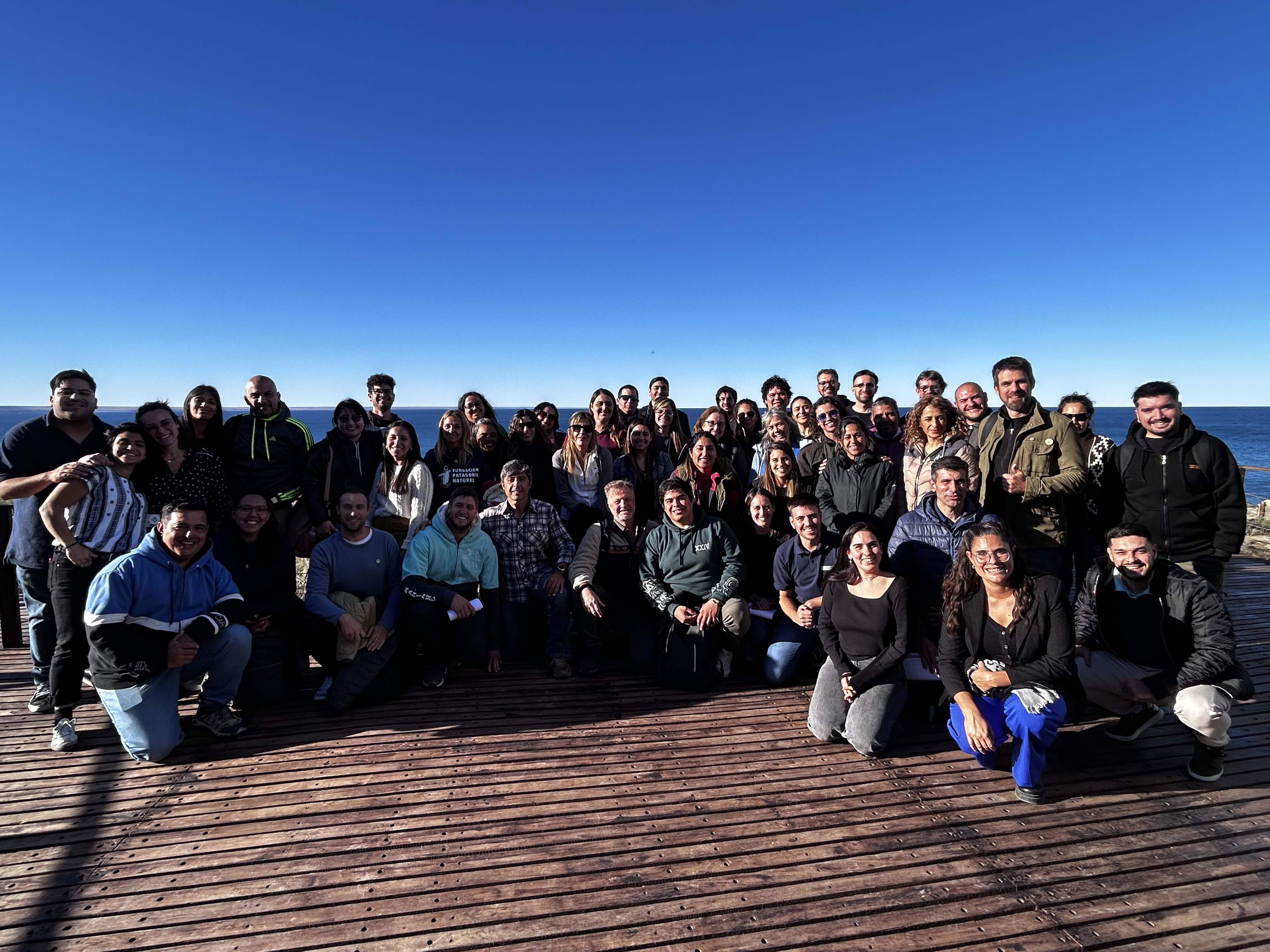More than 45 teachers from 15 schools in Chubut Province, Argentina, participated in the first training to launch our newest capacity building partnership: the YouthEnergy project.
Conference: Sustainable Energy For The Cambodian Garment Sector
Our recent cooperation with GERES aims to demonstrate the potential of using agricultural residues as an energy alternative to unsustainable firewood in the manufacturing sector. Next week, our partners will present and discuss the project results in Phnom Penh, Cambodia.
The conference will take place on 19 March 2019 at the Raffles Hotel Le Royal in Phnom Penh, Cambodia. Main objectives include:
- The presentation and discussion of project results
- The introduction of available solutions for sustainable thermal energy generation and production of biomass fuels through round table discussions with international professionals of the sector
- Networking between garment factory representatives, rice millers, investors, and other professionals of the biogas sector
Project Background: During the last decade, Cambodia has achieved an average GDP growth of 8%. This growth goes with a surge in energy demand, reached through primary solid biomass, which provides approximately 64% of the final energy demand. Although household cooking still drives most of this demand, forest wood demand from industries is on the rise, driven by urbanisation and industrialisation with the development of energy-intensive industries such as garment and bricks.
In this context, GERES with the support of the Cambodia Climate Change Alliance (CCCA), has first studied the potential of agricultural residues to replace unsustainable firewood in the manufacturing sector. In a second phase, with the support of CCCA, H&M Group and the WISIONS Initiative, GERES has worked closely with Cambodian garment factories and rice millers to support the emergence of a supply of a sustainable biomass fuels aimed at the garment sector for their thermal energy needs.
More general information on this SEPS project: Supporting the Energy Switch of the Garment Industry in Cambodia through Increased South-South Knowledge Exchange among the Value Chain Stakeholders


